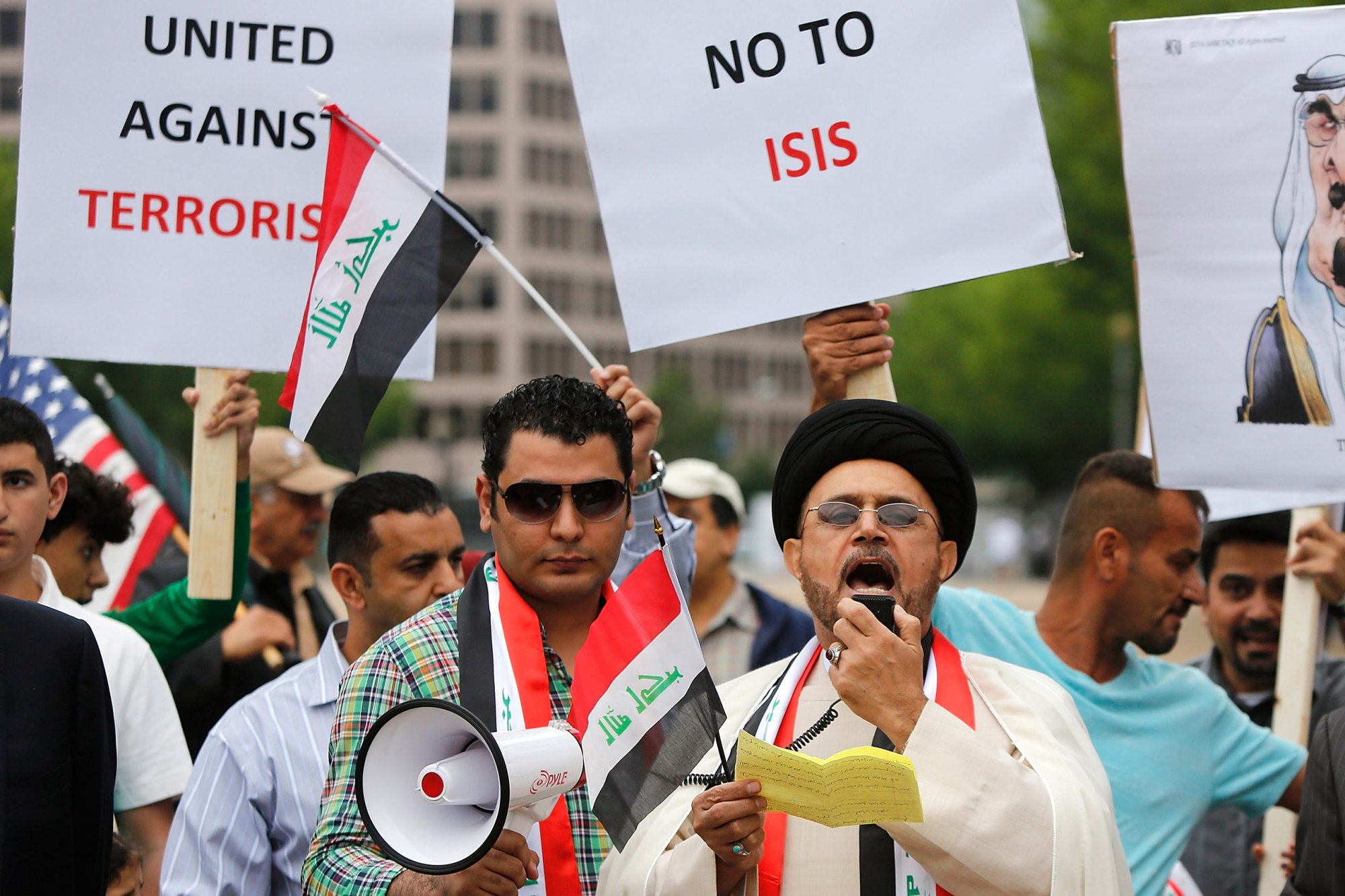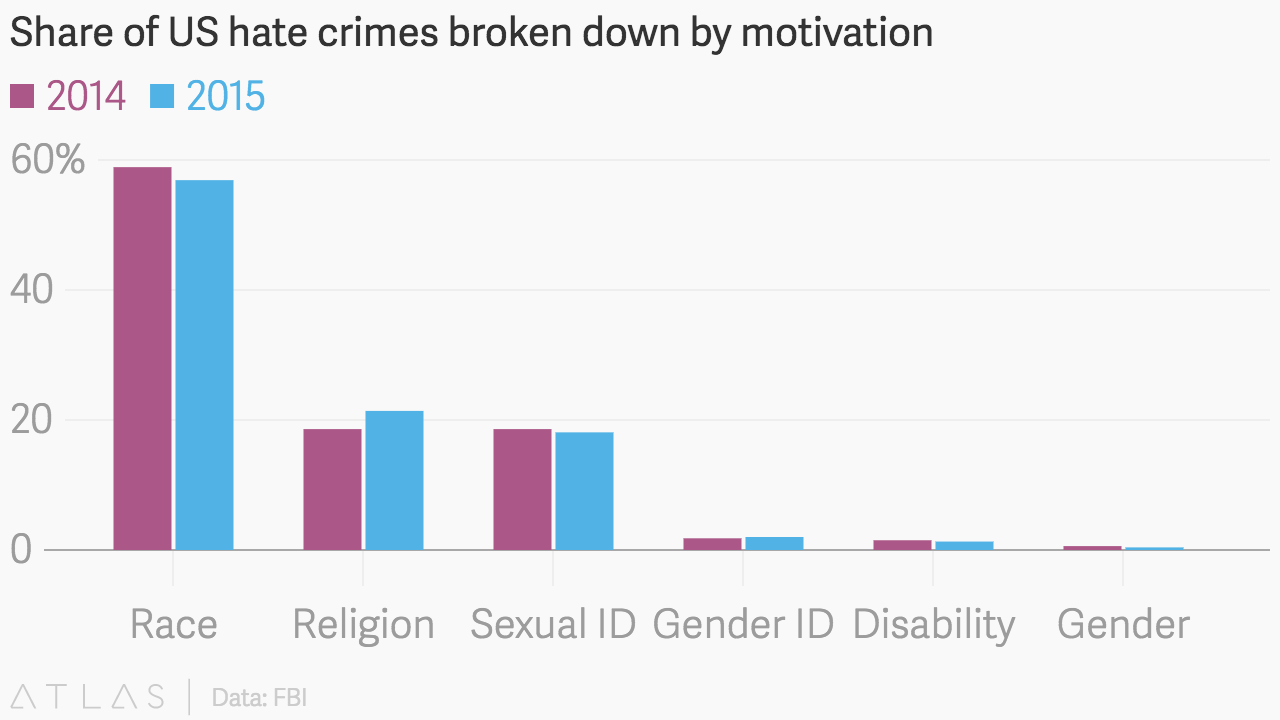
One of the most puerile and nascent ways to inspect terrorist attacks is to place the absolute liability of the attack on the entirety of the Mohammedan populace that exists in the community. This worrying trend is now a reality and serves as a brilliant example of religion-based prejudices that still exist in the contemporary society. Ever since the onset of the second millennium, the world has witnessed a host of terror attacks. These attacks have not only annihilated thousands but also have decimated rationality with every dreadful blow.
It is perfectly natural to react outrageously to such strikes. The public perception is an important yardstick to gauge the severity of the attack, and the consequent penalty imposable. The 26/11 attacks were despicable, condemnable, and reviled by all human beings that live in this world. I, too, am a part of this bandwagon: and I will stand up against all forms of terrorism in the future. However, it is equally indispensable to note that popular opinion often bears appreciable resemblances to fickle-mindedness, subject to change with changing whims.
Terrorism is definitely not a post-modern concept, it existed for ages before that. It would also be wrong to categorize terrorism as a war between the Muslim and the Christian ideologue. A Jewish terrorist organization, Sicarii, was established in the first century AD to combat the Romans in the Middle East. This only iterates how terrorism is not a present-day dictionary term. Post the Second World War, terrorism started to be linked with violence to advance political demands. From the seventies, most of the uprisings and revolutions took place in the African landscape, dominated by theological states adopting Islam as its guiding light. Revolutions are chaotic and usher in instability more than anything else; and consequently gives birth to a plethora of other tangible problems. This, unfortunately, is how we know terrorism today: the bloodied face of Muslim fidayeen who devote their lives to a false promise of acceptance into heaven, a stable future, and a good remuneration.
As per the statistics revealed by the Federal Bureau of Investigation, hate crimes against the Muslims have risen 67% from 154 in 2014 to 257 in 2015 in the United States alone. In the United Kingdom, activist group Tell MAMA reports that religion-based bias against the Muslims witnessed a surge capped at 326% over the course of just one year. It prognosticates ghastly situations after Britain formally declares a clause to exit from the European Union. If we are to look into the domestic situation, tensions are at an all-time high: a string of lynching and cow-vigilantism activities took its due toll on the fragile communal joints in India.
All of these hate crimes can effectively be summed up in one word: Islamophobia. While going through a CNN report during my research work, I found a line that appealed to me: and I shall not refrain myself from sharing it with you all. Daniel Burke, the regional editor of CNN, says:
Muslims live in fear that they will be attacked. Americans live in fear that Muslims will attack them.
How apt is the above line! Islamophobia is for real, and it breathes its life in every corner of the society. As a devout follower of any other religion, one may be inclined to shrug off these concerns. But taking that route would deem one similar to an escapist who eludes the reality. What if we were the innocent Muslims, and at the receiving end of unwarranted brickbats from the entire community? What if our children were dragged out of our homes and abused in front of us, and we were to watch helplessly? What if our wives and sisters were molested in the name of religious prejudice? What if our family members are murdered and all we could do is to watch these fleeting events in cold blood? That would be completely unacceptable, a direct contradiction and a gross violation of our fundamental human rights guaranteed not only by the State but also ratified by the United Nations Charter of Fundamental Rights.

FBI Statistics on Hate Crimes in the United States (2015).
If we cannot internally accept even the remotest thought of such attempts to demean us at an individual level, why do we reciprocate inherently such violent actions towards a minority group? As an enthusiast for all things Afghani, I consider myself fortunate to get hold of a book named “A Fort of Nine Towers“. This book is a revelation of the raw reality that exists: ordinary citizens like you and me trapped in the deluge of war. Incomprehensible, and often tough to believe, the actuality is strikingly difficult to acknowledge. Should it not be that these people be given a fair opportunity to prove themselves, instead of being judgemental and labeling the entire band of these people as traitors?
While the initial fury is justifiable by the tenets of human psychology, continued discriminatory actions are definitely not. As that apt remark by Burke explains, both parties involved in this strenuous relationship are at daggers drawn, which essentially means that fear prevails and there are no winners involved. As the economists forecast, the US and European states would move into a period where they lack sufficient youth population to sustain their behemoth economies. Most of these men and women, of whom many may be immigrants, are resourceful and best of all, in their prime. This would not only provide them employment opportunities, but all of them would act as individual catalysts to propel the res publica forward.
It is in peace that we find prosperity. It is my most humble appeal to my dear readers, to discard the religious card you may have. Think of the infantile children who undergo such a lot of awful hardships. Are these innocent Muslims, whoever they be, not a product of the Lord? I do not care whether I end up taking a note that may brand me as yet another “anti-national” in the eyes of a few jingoistic parties: for I believe these pertinent concerns must be addressed immediately.
As Tagore would plausibly quote,
Where the world has not been broken up into fragments
By narrow domestic walls…
Where the mind is led forward by thee
Into ever-widening thought and action
Into that heaven of freedom, my Father, let my country awake.
